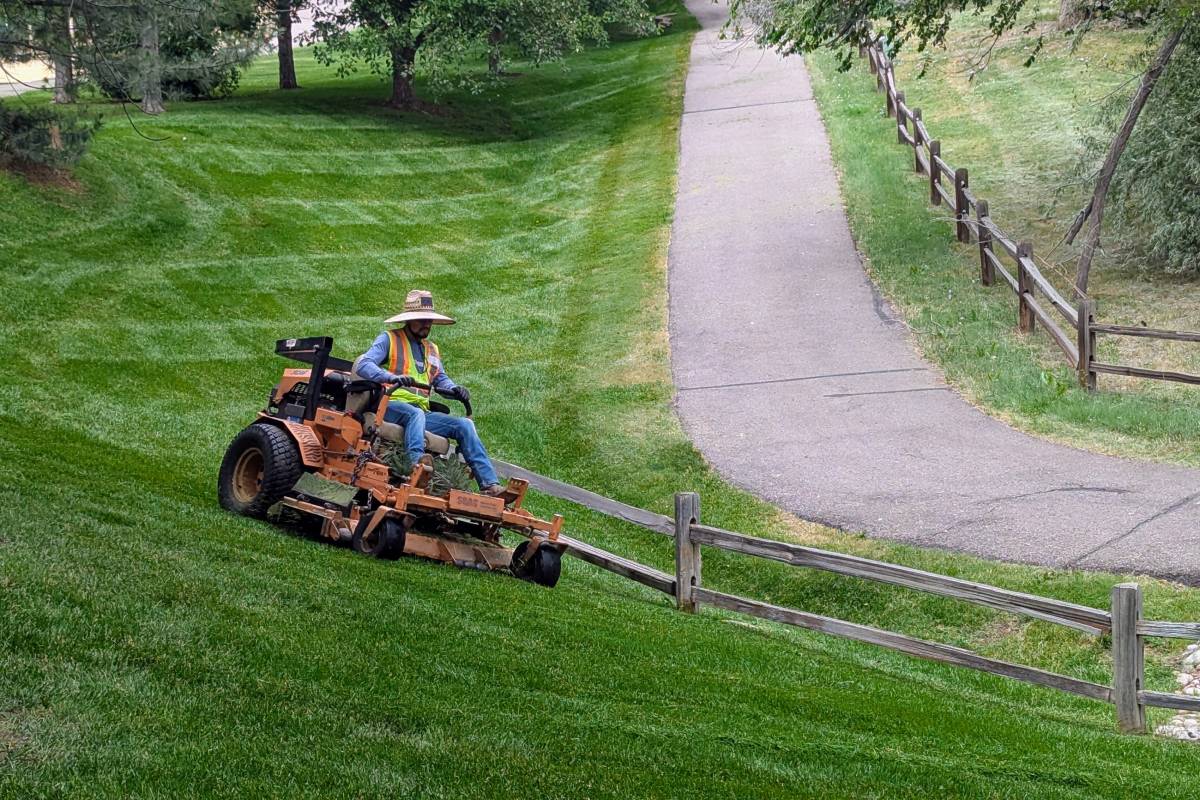A new and sweeping partnership is looking at preventing and preparing for worsening wildfires in the West.
The Colorado-based Rocky Mountain Restoration Initiative is a collaboration of 30 partners including utility companies, wildlife nonprofits, hunting groups, the Forest Service, and water management agencies with a mission to “increase the resilience of forests and communities.”
“Wildfire isn’t just a Forest Service problem,” said Reid Armstrong with the U.S. Forest Service's Rocky Mountain Region. “Wildfires impact the recreation and tourism Colorado depends on, like rafting and hunting. Wildfires can pollute our clean water supplies and fires can destroy wildlife populations and their habitat.”
In announcing the collaboration in December, RMRI said it was born when Colorado was selected as a pilot state by the National Wild Turkey Federation and the Forest Service to showcase the Forest Service’s Shared Stewardship Strategy, a national effort to work across public, private and tribal lands.
“We’re in a place now where a collaborative like this—coming together with the various interests, various backgrounds—can speak to and bring resources to the table that otherwise might be siloed,” said Samantha Albert, deputy director for Colorado’s Outdoor Recreation Industry Office, another partner in the collaboration.
The initiative is focusing first on a 750,000-acre area in southwest Colorado, where, as a project information sheet notes, “fires, like the 416, have had significant impacts on the communities and Animas River, including fisheries and recreational opportunities critical to the rural recreation and tourism economies.”
Albert says they’re still in the planning stages and will be designing and implementing actual on-the-ground strategies throughout this year. They hope their collaborative model could be replicated in other parts of the West.
This story was produced by the Mountain West News Bureau, a collaboration between Wyoming Public Media, Boise State Public Radio in Idaho, KUER in Salt Lake City, KUNR in Nevada, the O’Connor Center For the Rocky Mountain West in Montana, and KRCC and KUNC in Colorado.









